The 416-page work, comprising 17 monographs, is the result of nearly 10 years of research, reflecting an interdisciplinary, modern and creative approach to Vietnamese historical and cultural issues.
The book consists of 17 essays, focusing on three main groups presenting the author's new discoveries about Vietnamese culture. Specifically, the first group focuses on two outstanding figures in the history of Vietnam and the modern world , President Ho Chi Minh and General Vo Nguyen Giap. Using a new approach, the author affirms that Ho Chi Minh was "a pioneering global citizen" who practiced the motto "think globally, act locally" from a very early age, skillfully combining national strength with the strength of the times. The essays on General Vo Nguyen Giap continue to illuminate new aspects of the personality and intelligence of the famous general, thereby contributing to a deeper understanding of Vietnam's mettle in the 20th century.
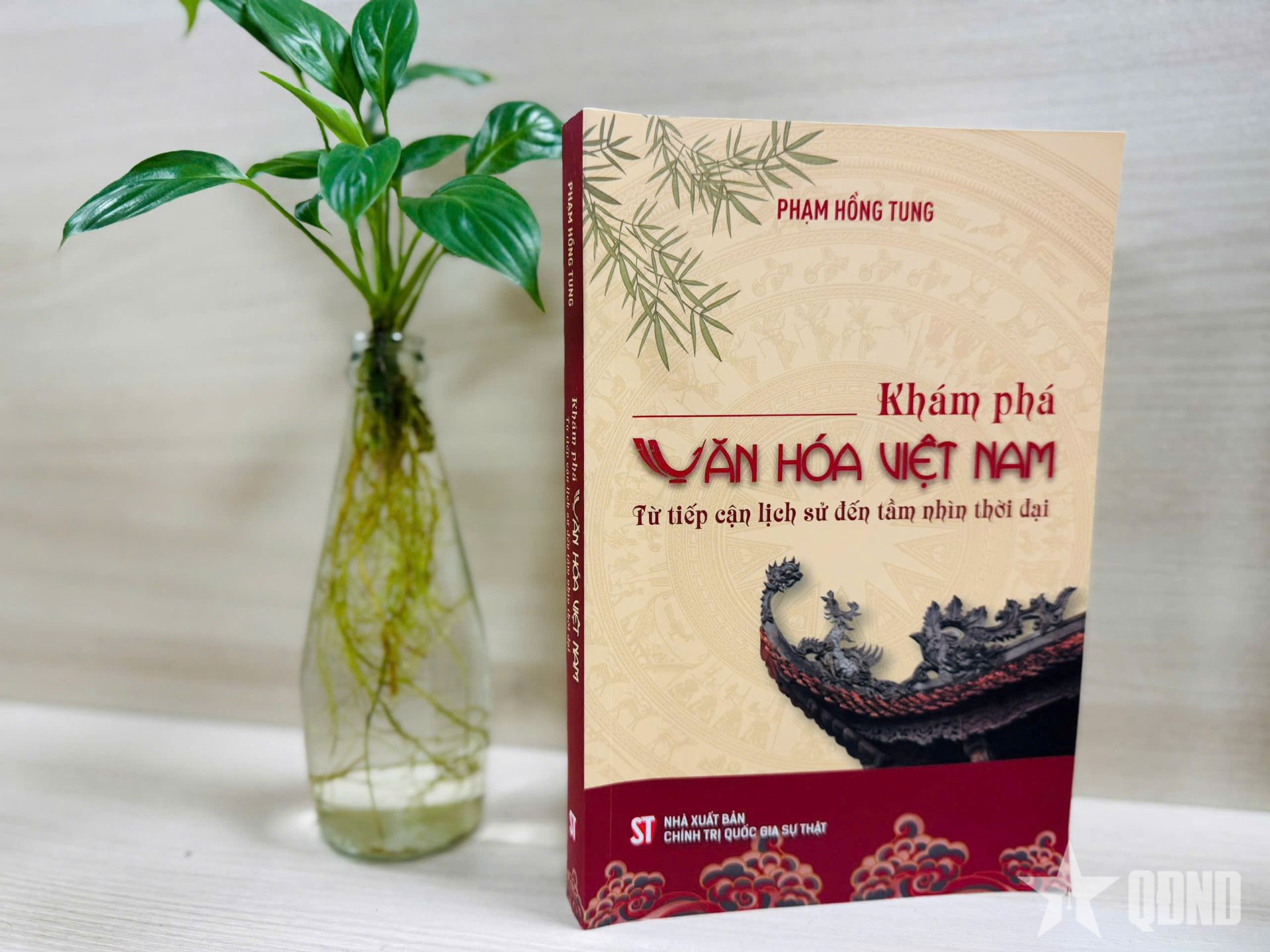 |
| The book " Discovering Vietnamese culture: From historical approach to contemporary vision". |
The second group focuses on the core issues of Vietnamese political culture - from national aspirations, development aspirations, the role of the ruling party, to national consciousness and cultural welfare. In the light of Ho Chi Minh's thought, the author emphasizes the role of education as a key driving force to help the nation avoid falling behind in the technological era, affirming that "education not only makes people become good, but also helps the country escape from weakness and reach self-reliance".
The third group is a rich content area on modern culture, where the author presents many new messages on urban culture, creative industry, cultural security and intercultural dialogue. The author emphasizes that in the context of accelerated globalization, cultural security should be considered an important component of national security, because “culture exists, the nation exists”. In addition, research on Urban Area Studies is introduced as a potential academic approach that can contribute to building the foundation for Vietnam's sustainable development strategy.
Notably, the work also extends its analysis to the field of intercultural dialogue, from intergenerational exchanges in modern society to the subtle dialogues contained in Nguyen Du’s Tale of Kieu or Ho Xuan Huong’s Nom poetry. Through this, the author not only clarifies the vitality of Vietnamese culture in the past but also affirms the adaptability and innovation of national culture in the modern world.
The book is also one of the first scientific products of the Science and Technology Program QGCT.25.0 of Hanoi National University, on research and development of cultural industries in Hanoi and some localities. The support of institutes and universities at home and abroad, along with comments from colleagues, students and researchers, has helped the work achieve academic maturity and practical depth.
HOANG HOANG
Source: https://www.qdnd.vn/van-hoa/sach/xuat-ban-sach-kham-pha-van-hoa-viet-nam-tu-tiep-can-lich-su-den-tam-nhin-thoi-dai-887796


![[Photo] Da Nang residents "hunt for photos" of big waves at the mouth of the Han River](https://vphoto.vietnam.vn/thumb/1200x675/vietnam/resource/IMAGE/2025/10/21/1761043632309_ndo_br_11-jpg.webp)



![[Photo] Prime Minister Pham Minh Chinh meets with Speaker of the Hungarian National Assembly Kover Laszlo](https://vphoto.vietnam.vn/thumb/1200x675/vietnam/resource/IMAGE/2025/10/20/1760970413415_dsc-8111-jpg.webp)
![[Photo] Prime Minister Pham Minh Chinh received Mr. Yamamoto Ichita, Governor of Gunma Province (Japan)](https://vphoto.vietnam.vn/thumb/1200x675/vietnam/resource/IMAGE/2025/10/21/1761032833411_dsc-8867-jpg.webp)
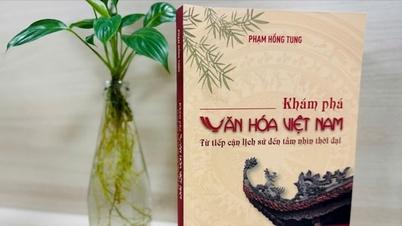

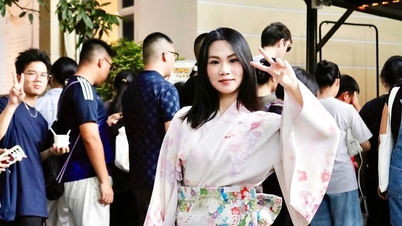

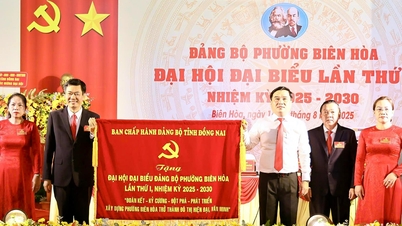



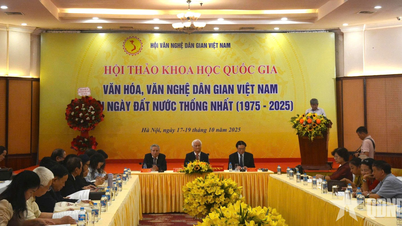
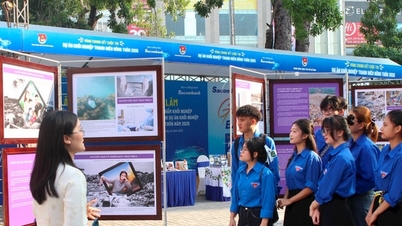
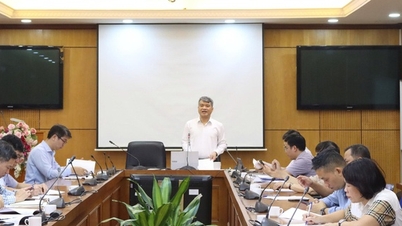

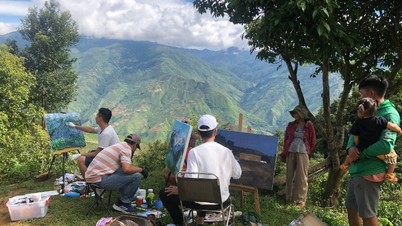

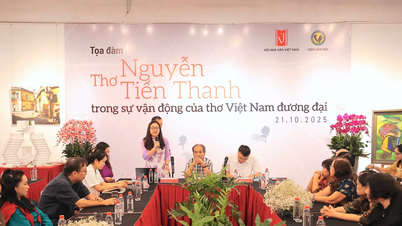

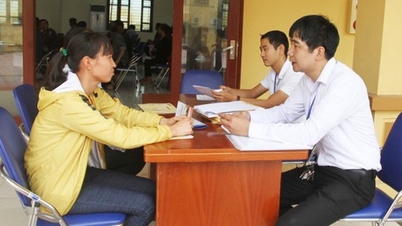

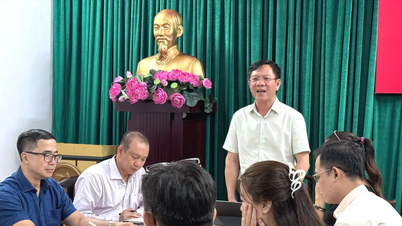





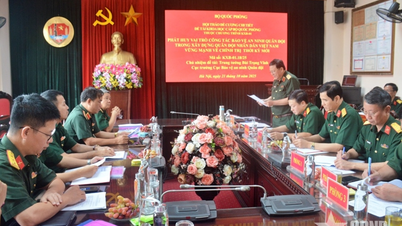
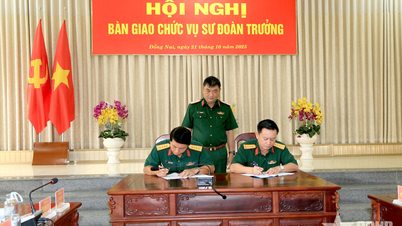
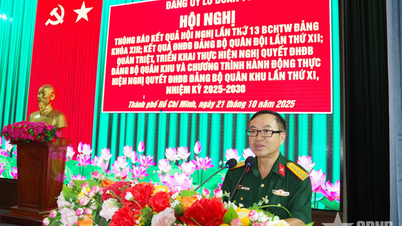
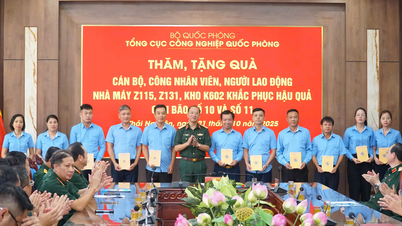
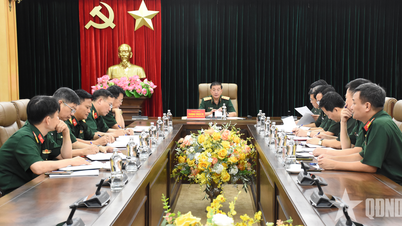
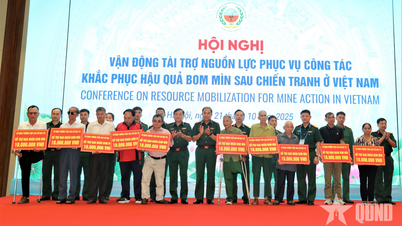









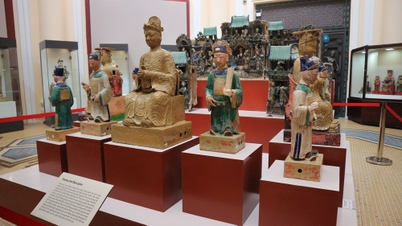







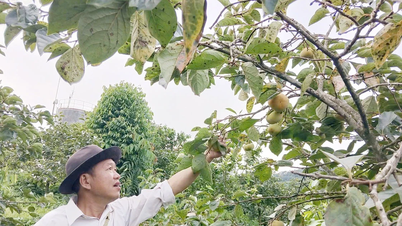

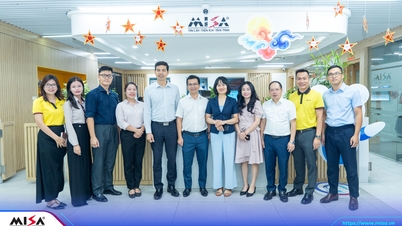














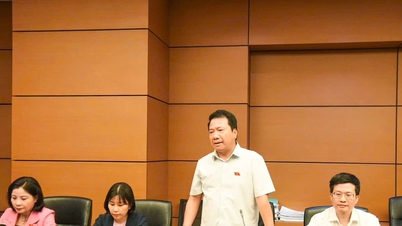

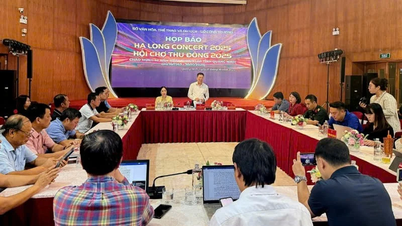
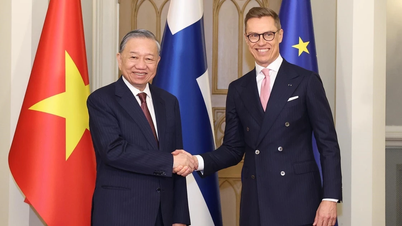
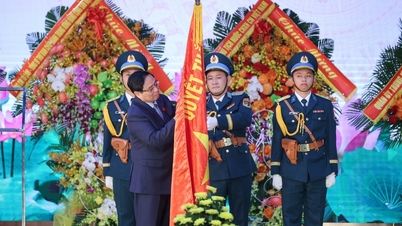





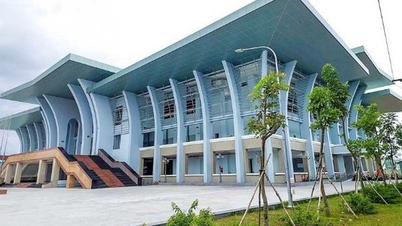
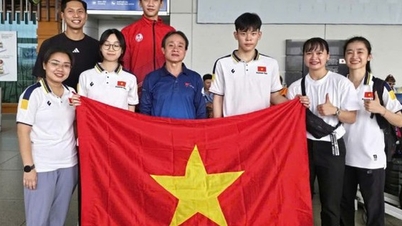
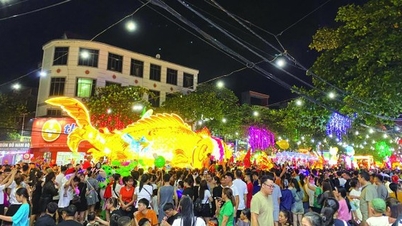
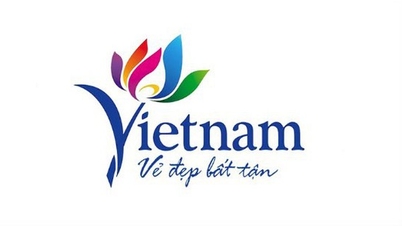
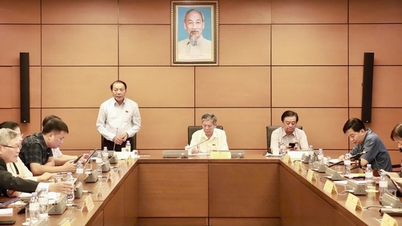
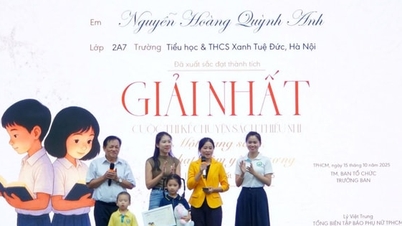
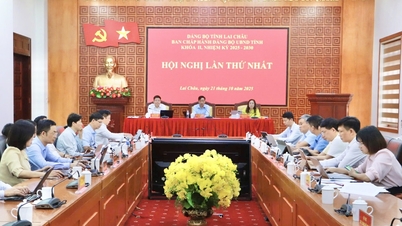
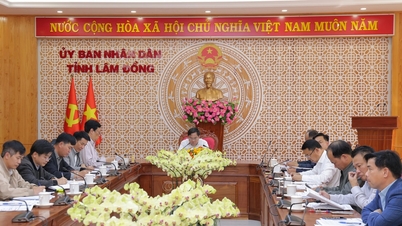

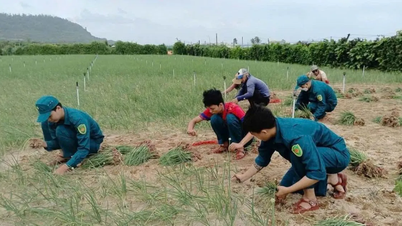
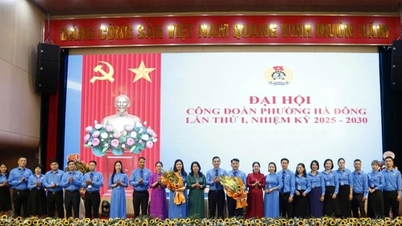
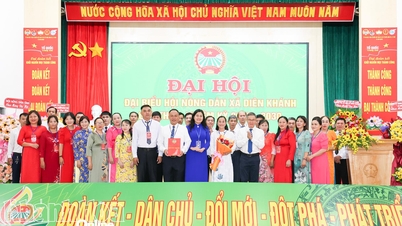











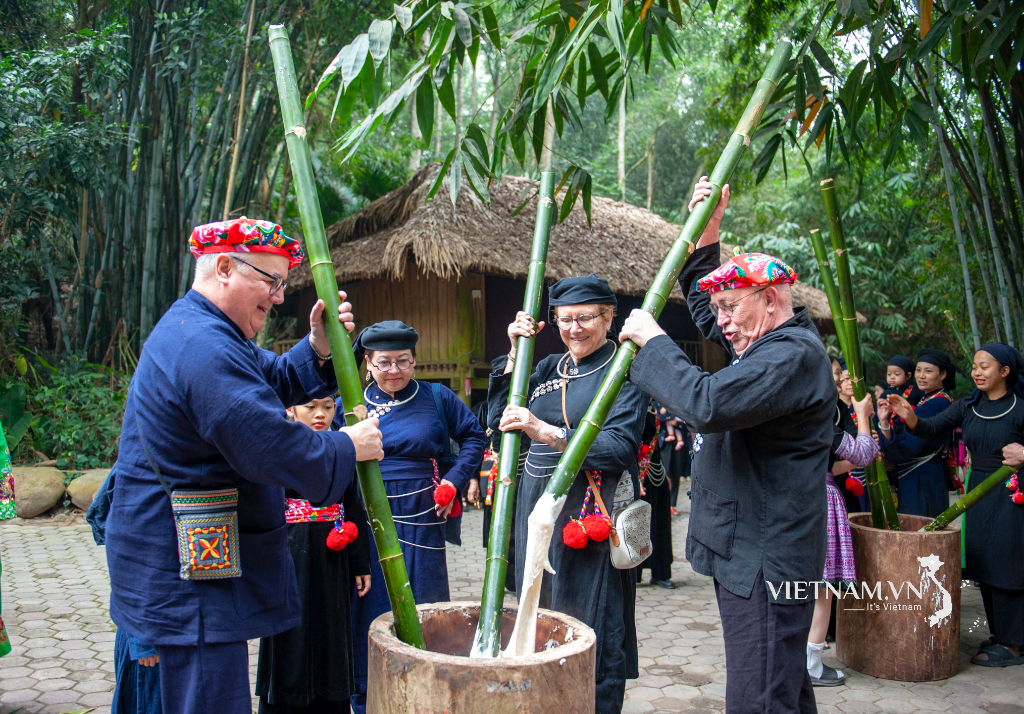


Comment (0)